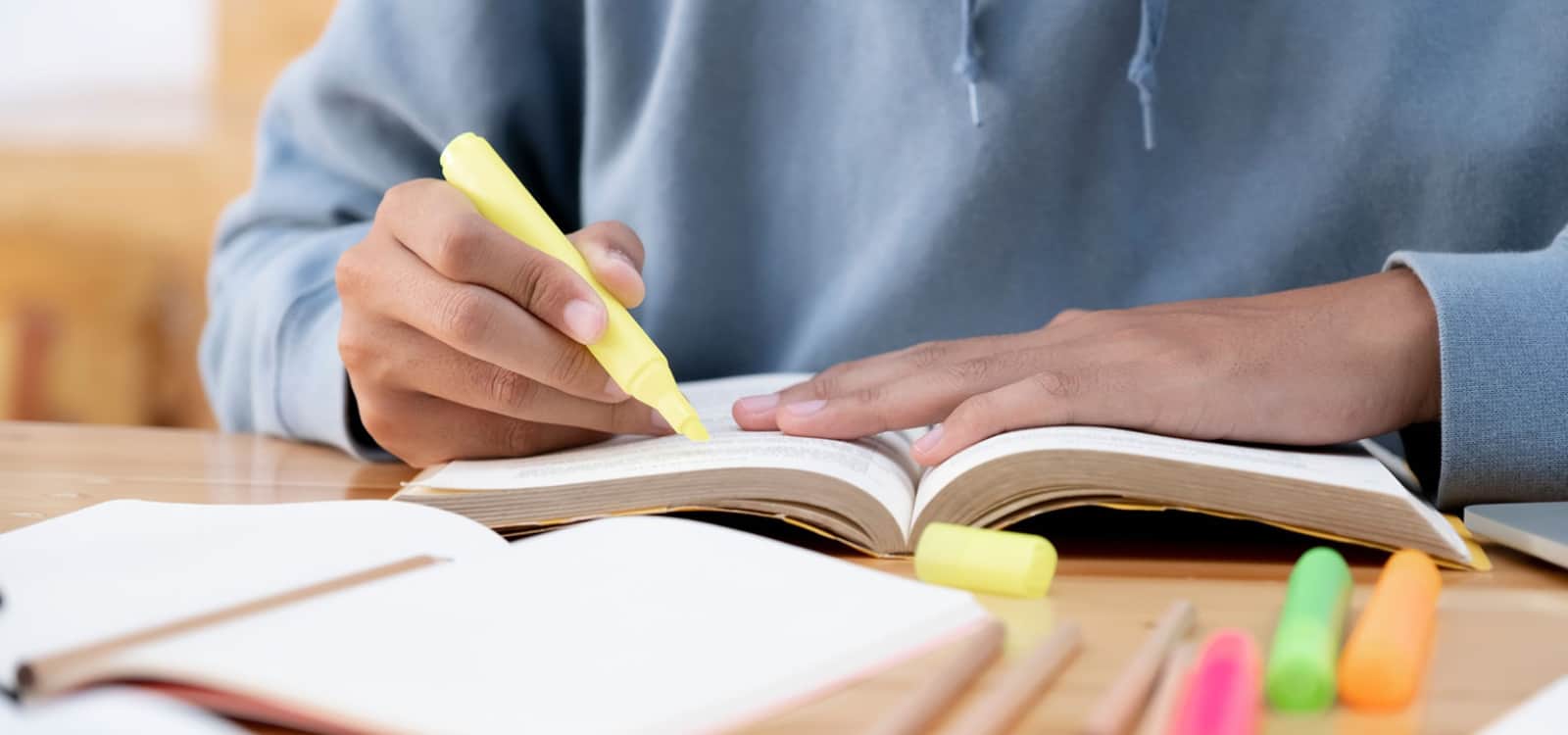
6 Ways To Catch up on Learning
It’s undeniable that learning has taken the backseat when the world was first hit with the pandemic. 2021 is bound to be full of challenges for students, teachers and schools, as they struggle to complete the syllabus and ensure that information is retained. While there’s no sure-fire way to boost learning that can be applied to every student, here are 6 tips that can help students learn better and prevent themselves from falling behind:
1. Figure out their study method
Students learn differently, so what works for one student might not work for another. Some learn better by making flashcards to jog their memory, some do better by studying the content and making questions for themselves. Have them experiment and find out what works best for them by implementing different study styles for different topics. They’ll also get to pick up some effective study skills on the way! Read more about study techniques here.
2. Practice on some quizzes
While quizzes and tests are often dreaded, these questions help students recap on main points. Students get to work on retaining what they are learning by retrieving it to answer questions. For secondary level students, working on past papers will also familiarise them with exam formats and answering techniques. These quizzes help students realise the gaps they have in their own knowledge, allowing them the opportunity to patch up.
3. Note down what they learnt
Note-taking isn’t a mindless practice of writing everything down. While some students strive for complete notes, it is better to paraphrase and summarise what they’ve learnt into condense notes in point form. They can also use flow charts and mind maps to help them organise the new information they’re receiving. Not only that, they also get a set of helpful study notes that they can review before the test, so no more cramming and textbook memorisation before exams!
4. Set up a study schedule or plan
Putting aside time to study is a good way to establish a habit. Students should aim to take a 5 to 10 minute break every 30 minutes of studying so that they don’t lose focus. On top of that, they should also have a realistic goal they want to achieve for each study session so that they are able to keep track of their progress and feel accomplished. Avoid long study sessions that prevent information from being retained and just put on additional stress on the student.
5. Set up a weekly study group
While physical study sessions should be avoided due to the current pandemic, online study sessions and voice calls with classmates and friends are good ways to socialise and tackle tougher study topics. Working in a friendly, fun and focused environment can encourage learning, as people remember and understand information better when they’re forced to explain it to someone else. A good study session boosts confidence and makes learning a positive experience too!
6. Get a tutor
Private or personal tutors walk alongside students as they learn, providing help in maintaining their academic performance. They are able to work with students on topics or subjects that require extra attention, and can troubleshoot the difficulties they face. If a student is falling behind or struggling, this extra support outside schooling hours can give them the boost they need. Otherwise, a tutor can also help provide more challenging exercises students would not encounter in class to further improve their work.
Don’t study hard, study smart
Even if a student puts a lot of time and effort into their studies, it does not mean that they will do well academically. Moreover, if studying becomes something stressful, then how will they learn effectively? Finding the right technique and the right environment can take a lot of experimenting, but putting these tips into practice as soon as possible will definitely help them.
Learning can be made fun and engaging as well, via PrepWorks! We offer several services to further your child’s academic progress and arm them with crucial skills such as critical thinking. PrepWorks Academy is an online programme suitable for primary students. Students get a chance to take part in engaging classes based on the National Curriculum of England (a good way to boost English skills or prepare them for international secondary schools).
For secondary and pre-university students, we also offer one-to-one tutoring services for pre-IGCSE, IGCSE, IB and A Level subjects. Students get individualised attention from tutors who are experts on the subject they teach. We believe that fostering a love for learning is important to ensure progress, and put that into practice with the way we conduct lessons. Check out the links below for more information and to register for our services.









